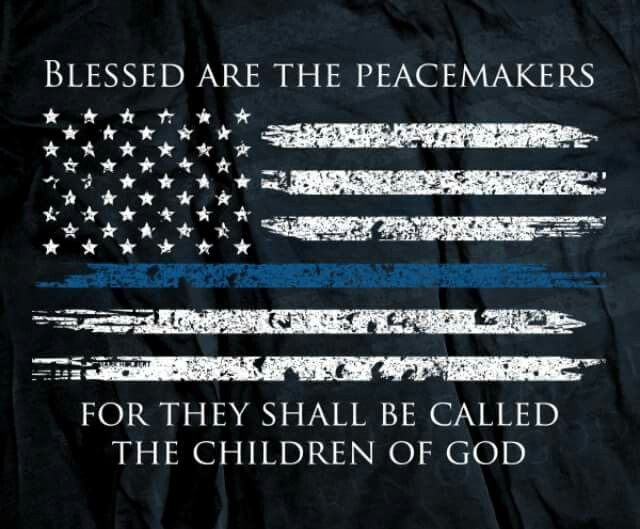
Isaiah 2:1-5; John 14:23-27; Matthew 4:23-5:9
Peace. We long for it in our genes, our relationships, our communities, and our world. It’s shared universal value (by almost all people, at least as the ultimate goal). But it can mean different things to different people in function of our language, culture, life experience, and freedom in the sense of classic liberalism. In modern English it seems to be most often associated, at least in our vernacular, as the partner of “quiet”. The Greek Stoic philosopher Epictetus (55 – 135 ce) defined peace as “calm detachment from surrounding circumstances” – a sort of serene detachment. And the peace of the Roman Empire (the dominant global power at the time of Jesus) is referred to as the Pax Romana. In the time of Jesus, peace was culturally associated with Rome’s peace (the Pax Romana) consistent of Rome’s “gift” of order, security, and prosperity, guaranteed by the emperor as commander of Rome’s military to all peoples conquered and subject to the power of Rome. Often in human history, peace has been seen through the eyes of the victors, envisioned as the chosen, or beloved of the powers or gods.
Biblically speaking peace שָׁלוֹם [shalom] is much more. It’s both the gift and work of God, a cosmic peace in which all thing are in just relation with each other and their creator. It’s the well-being of the whole created order Peacemakers describes those who work to halt wars among nations and those who seek harmony in personal relationships. It doesn’t come at the expense or subjection of someone else. It is not complacent or indifferent. It’s the thing that the Messiah – the Prince of Peace (Isaiah 9:6) will bring. Sometimes peacemakers are seen to be troublemakers or unrealistic dreamers. They refuse to give themselves over to retribution. They insist on justice for those who bring and receive the peace. Isaiah links justice and the teaching of God’s word (what we might call “evangelism”) inseparably together. Jesus talks of the peace brings as different than the world’s: a peace that is for all, which eliminates the fear of retribution and troubled hearts around the unjust possibility of being left out or behind. Those who live as Jesus did (as a peacemaker), become what God is, and are recognized as children of God here and now.
Questions for the practice of Examen & Contemplation
- What strikes you in these passages?
- How do you need the shalom of God in Christ? How do we need it, in particular after the mid-term elections and common desires for retribution or the elimination of resistance?
- What does it look like to be a peacemaker? How do we (you) do that concretely and pragmatically in daily life? How is that our vocation as children of God?
Download the study guide PDF that we’ll use for our class discussion @CAPCOakland HERE.